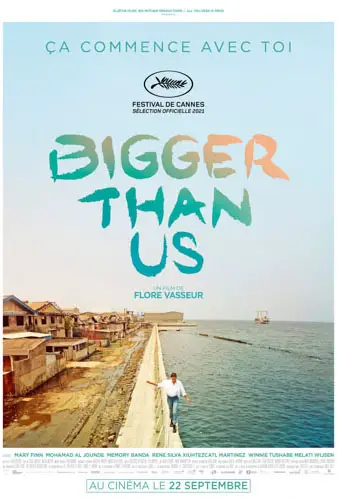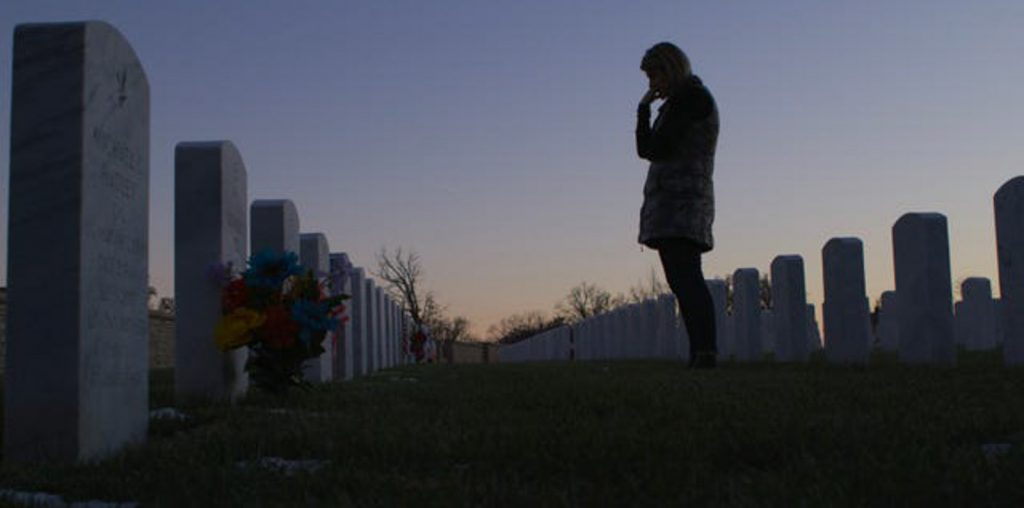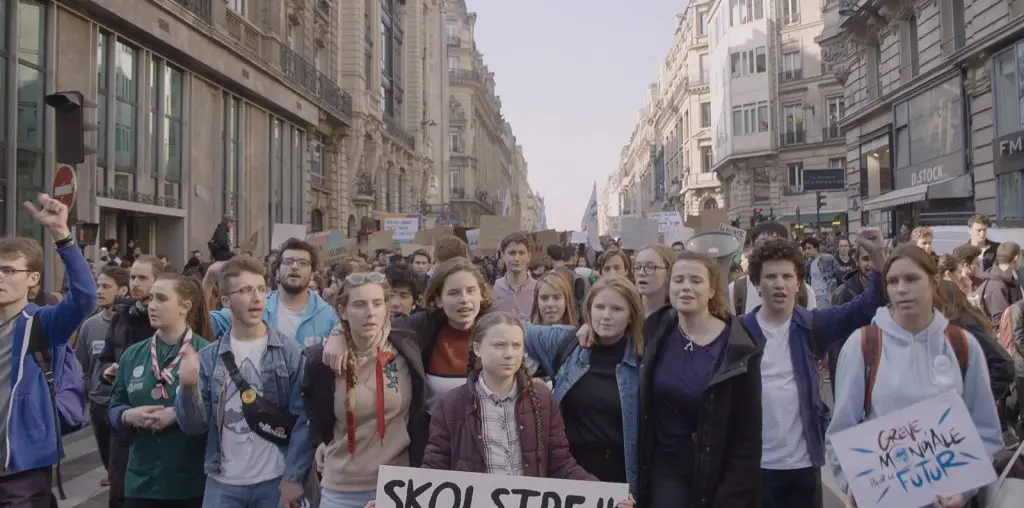
Bigger Than Us, written and directed by Flore Vasseur, is about 18-year-old Indonesian-Dutch climate activist Melati Wijsen and her young peers from around the globe. They all started being concerned about the state of the planet, their people and community, and raised their voices from a very young age. As a result, this group has successfully changed laws, saved lives, and is recognized as leaders in their field.
Wijsen is a torchbearer against plastic pollution in Indonesia, where she has been successfully fighting for a plastic bags ban with her sister since they were children. The bulk of the film is her journey to other countries to meet her role models and like-minded activists. From Lebanon’s refugees camp to Greece’s lifejackets graveyard; from Brazil’s treacherous favelas to Uganda’s remote farms, all the way to America’s drilled lands, these Avengers against pollution are advocating for climate action, refugee safety, food security, human rights, free speech, education, and social justice for all.
Melati opines, “It’s gonna take a long time, and the thing is, I don’t know if we have that time.” Everyone interviewed feels the same way. Bigger Than Us might make it look like in the past people did absolutely nothing (but their worst!) or waited for something catastrophic, yet there is no denying every age group deems that change always happens too slowly. Except the newer generations are feeling it more intensely than their predecessor as they are faced with more issues than ever with wider disparities and the devastating effects of global warming. No matter how pricey or high-tech, the “bandage solutions” offered everywhere won’t change anything or save us.

“…these Avengers against pollution are advocating for climate action…”
Regardless of how interesting and compelling the stories present are, the film is, unfortunately, pretty generic. Vasseur’s decision to put one person front and center rather than focusing solely on one story at a time was not the best approach. No matter how inspiring Melati Wijsen is, there is a disconnect between her ideas and her romanticized, privileged view of the world. While that hurts the narrative overall, it is affecting to see these kindred spirits nearly swooning over each other, full of admiration, recognizing themselves in one another even though their battles are different.
Bigger Than Us features an original score that was good at times but proved distracting or did not work as intended by giving the production an ill-suited vibe. This was especially noticeable when coupled with the numerous cliched moments, which look too staged and ready-made for social media to feel authentic. It is almost as if the filmmaker did not understand that these young people’s amazing work speaks for itself. We don’t need an advertisement for a display of solidarity, closeness, and friendship; we need a call to action to save the planet we call home. But, some people, specifically the target demographic of teens and young adults, might appreciate these scenes. Likewise, visually things are a bit uneven. There were quite a few nice shots here and there, but some felt too grandiose for the relaxed and down-to-earth style of the majority of the film.
Nonetheless, one should appreciate Bigger Than Us for what it strives to do. Much like Greta Thunberg, Malala Yousafzai, or the Parkland Survivors, Melati Wijsen and her peers are the kind of people you wish you could be. They are the next generation of changemakers, trying to do what those before them could not, and for that, they should be commended. And, if you haven’t already, you should join their fights however way you can.
Bigger Than Us screened at the 2021 Cannes Film Festival.

"…it is affecting to see these kindred spirits nearly swooning over each other..."


